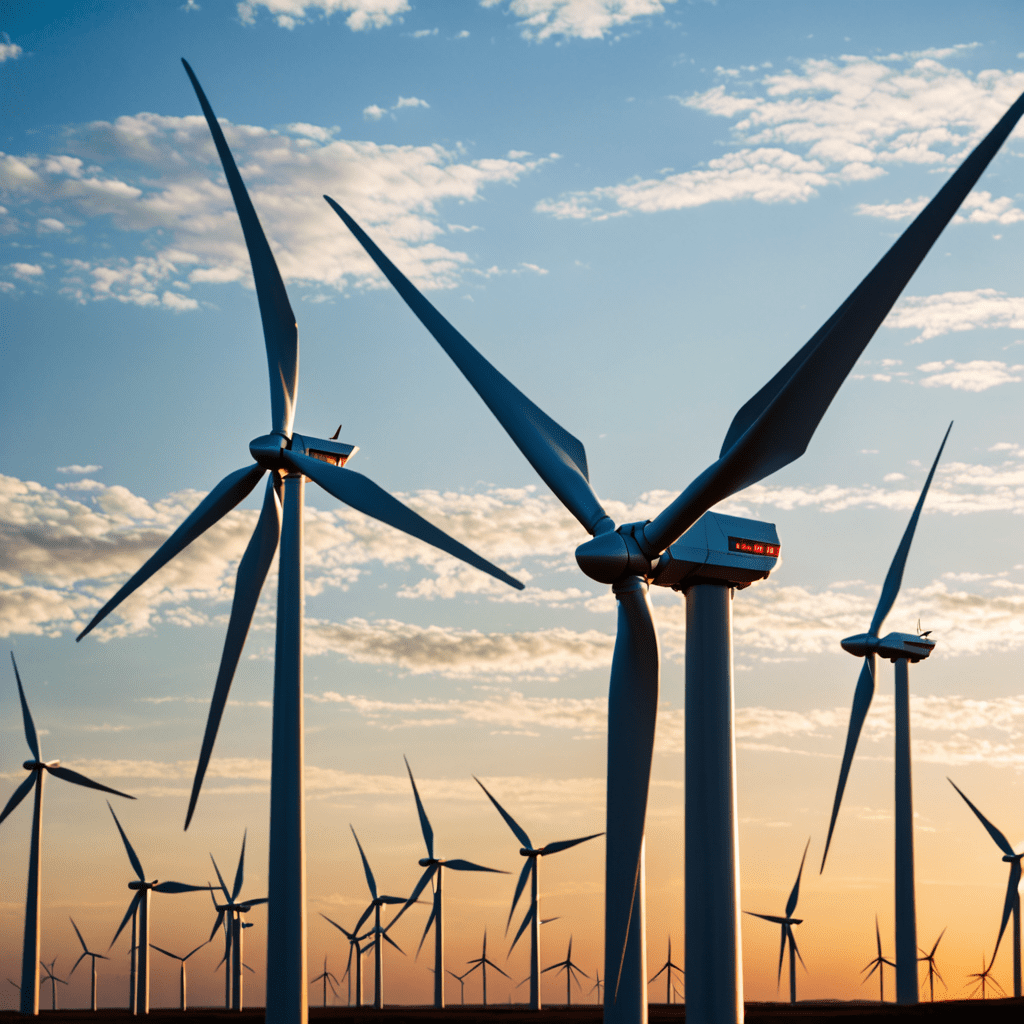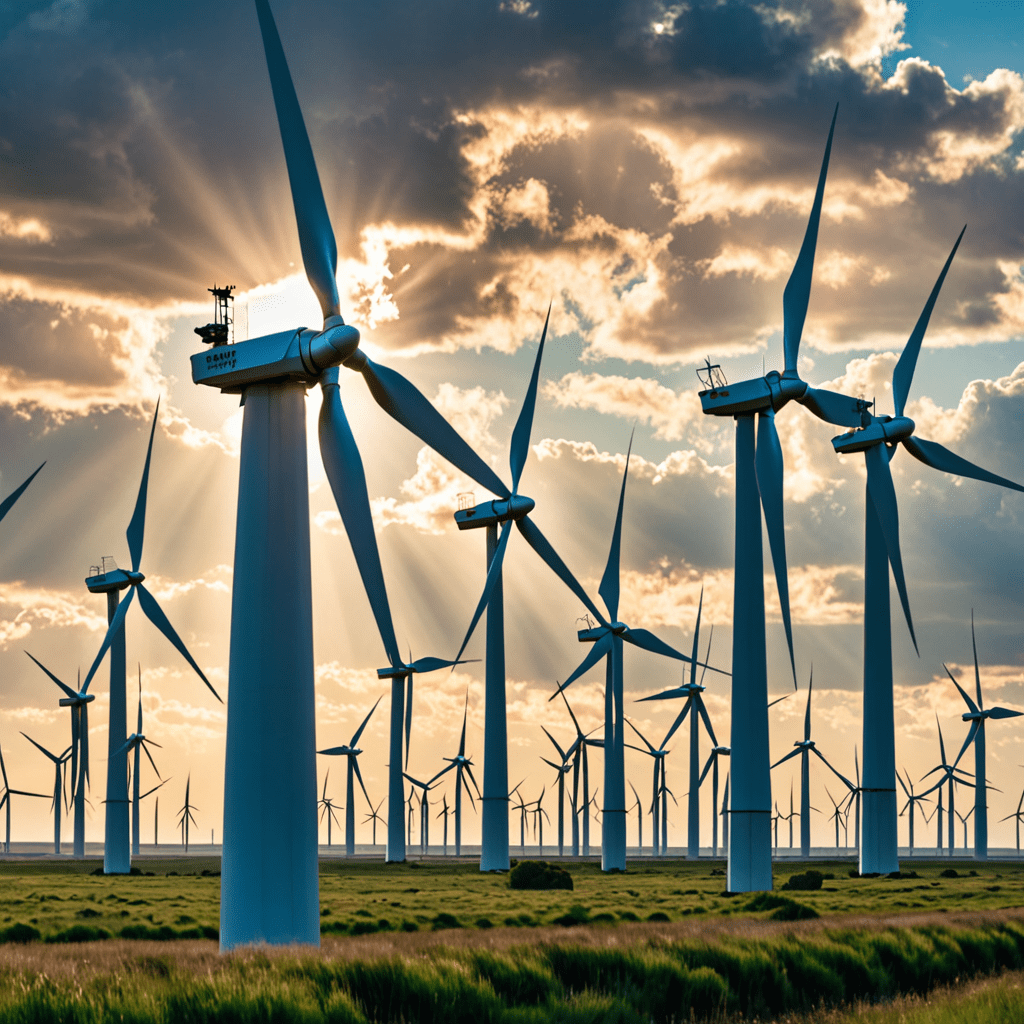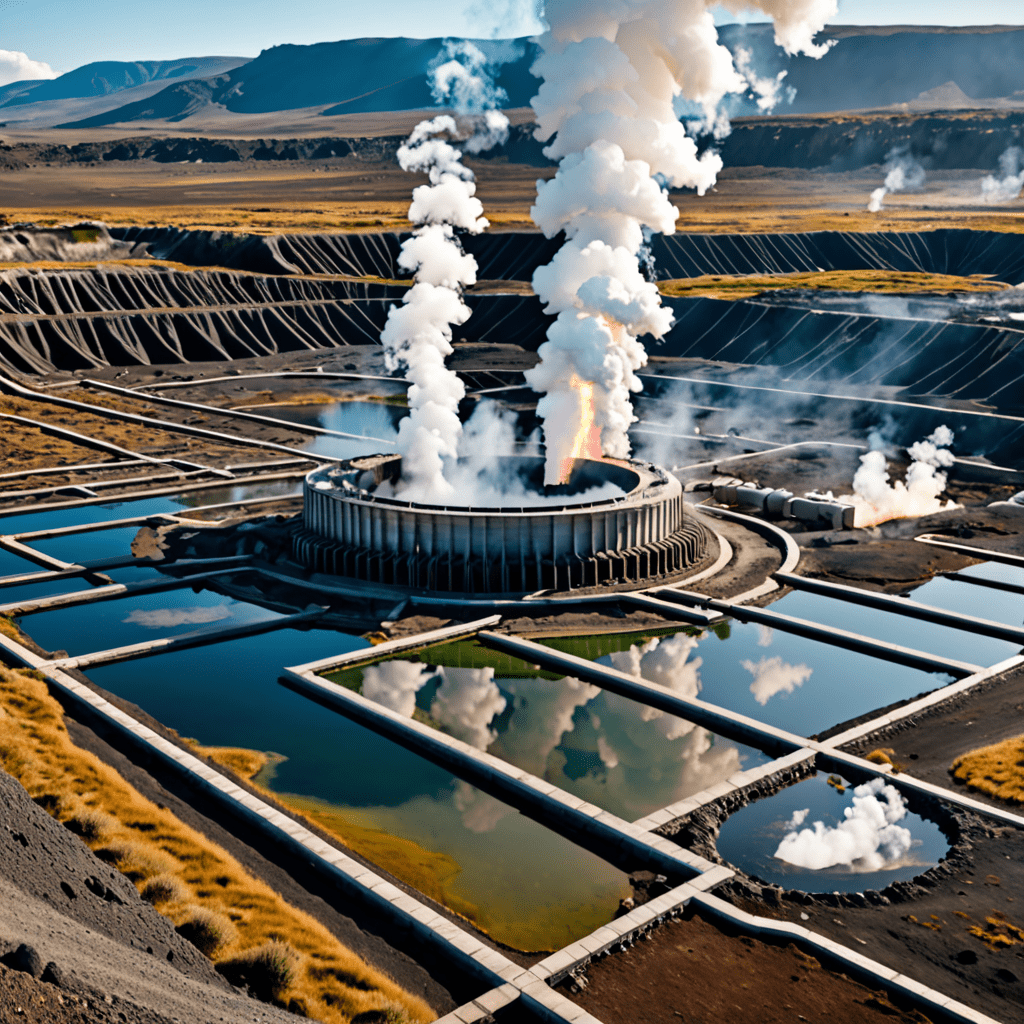The Impact of Wind Energy on Energy Justice
Wind energy is a renewable source of power that has gained popularity due to its environmental benefits. However, the implementation of wind energy projects raises important considerations regarding energy justice.
Understanding Energy Justice
Energy justice refers to the fair distribution of the costs and benefits of energy production and consumption. It involves ensuring that all communities have access to affordable, clean, and reliable energy sources.
Challenges Faced by Marginalized Communities
Marginalized communities often bear the brunt of energy production, facing environmental pollution and health risks. Wind energy projects must be carefully planned to avoid further burdening these communities.
Addressing Equity in Wind Energy Development
To promote energy justice, it is crucial to involve local communities in the decision-making process regarding the development of wind energy projects. This can help ensure that the benefits are shared equitably.
Environmental Considerations of Wind Energy
While wind energy is a clean source of power, the installation of wind turbines can have environmental impacts. It is important to conduct thorough environmental assessments and mitigate any potential harm to ecosystems.
Benefits of Wind Energy for All Communities
Despite the challenges, wind energy offers significant benefits for all communities, including job creation, energy cost savings, and reduced greenhouse gas emissions. Promoting equitable access to wind energy can help address energy poverty and climate change.
Conclusion
Wind energy has the potential to play a key role in transitioning to a more sustainable energy system. By considering energy justice principles in the development and implementation of wind energy projects, we can ensure that the benefits are shared fairly among all communities.
Frequently Asked Questions about Wind Energy and Energy Justice Considerations
What is wind energy?
Wind energy is a renewable energy source that harnesses the power of wind to generate electricity. Wind turbines convert the kinetic energy of the wind into usable electrical power, making it an environmentally friendly alternative to fossil fuels.
What are energy justice considerations in relation to wind energy?
Energy justice refers to the fair distribution of the benefits and burdens of energy production and consumption. In the context of wind energy, energy justice considerations focus on ensuring that the development and implementation of wind projects do not disproportionately impact marginalized communities and that all stakeholders have a voice in decision-making processes.
How does wind energy contribute to environmental justice?
Wind energy plays a crucial role in advancing environmental justice by reducing greenhouse gas emissions, improving air quality, and mitigating the impacts of climate change. By promoting the transition to cleaner energy sources, wind power helps to create a more sustainable and equitable energy system.
What are some examples of energy justice issues in the context of wind energy?
Energy justice issues related to wind energy include concerns about the siting of wind farms in low-income or minority communities, the potential displacement of local populations, and the distribution of economic benefits from wind projects. Addressing these issues requires a holistic approach that considers the social, economic, and environmental impacts of wind energy development.


